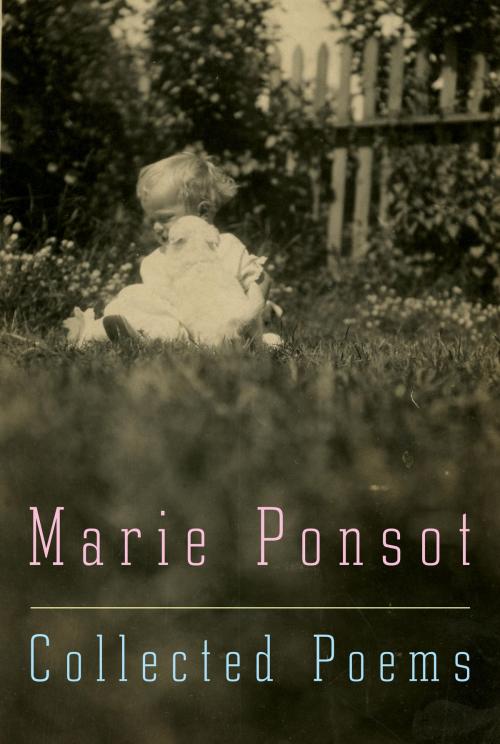| Author: | Marie Ponsot | ISBN: | 9781101947685 |
| Publisher: | Knopf Doubleday Publishing Group | Publication: | August 2, 2016 |
| Imprint: | Knopf | Language: | English |
| Author: | Marie Ponsot |
| ISBN: | 9781101947685 |
| Publisher: | Knopf Doubleday Publishing Group |
| Publication: | August 2, 2016 |
| Imprint: | Knopf |
| Language: | English |
Marie Ponsot’s Collected Poems is the stunning lifework of the prizewinning poet, gathered in one volume: the world she has made of life’s fire for sixty years. The present celebratory volume covers nearly all of her published work, from True Minds (1956), which was number five in the famous City Lights Pocket Poets series, through the 2009 Easy, her most recent collection; it also includes some new work, written in the years since. Here is the lyrical joy, the full range of Ponsot’s gift for constructing the pleasures and pains of a riddle that the music and wit of her language solve just in the nick of time, in the “hand-span skill” that is the poem. In examining the powerful life of women, her poetry is as practical as it is profound. “Go to a wedding / as to a funeral,” she advises us. “Bury the loss.” (And adds: “Go to a funeral / as to a wedding: / marry the loss.”) Notable in this collection is the astonishing accomplishment of Ponsot’s sonnets: the traditional form in varieties we’ve never seen in one book before. Open these pages anywhere to experience “language as the primitive dialect of our human race,” as she has described it—to gradually enter a state that is “what poetry hopes of us and for us: enraptured attention.”
Marie Ponsot’s Collected Poems is the stunning lifework of the prizewinning poet, gathered in one volume: the world she has made of life’s fire for sixty years. The present celebratory volume covers nearly all of her published work, from True Minds (1956), which was number five in the famous City Lights Pocket Poets series, through the 2009 Easy, her most recent collection; it also includes some new work, written in the years since. Here is the lyrical joy, the full range of Ponsot’s gift for constructing the pleasures and pains of a riddle that the music and wit of her language solve just in the nick of time, in the “hand-span skill” that is the poem. In examining the powerful life of women, her poetry is as practical as it is profound. “Go to a wedding / as to a funeral,” she advises us. “Bury the loss.” (And adds: “Go to a funeral / as to a wedding: / marry the loss.”) Notable in this collection is the astonishing accomplishment of Ponsot’s sonnets: the traditional form in varieties we’ve never seen in one book before. Open these pages anywhere to experience “language as the primitive dialect of our human race,” as she has described it—to gradually enter a state that is “what poetry hopes of us and for us: enraptured attention.”















